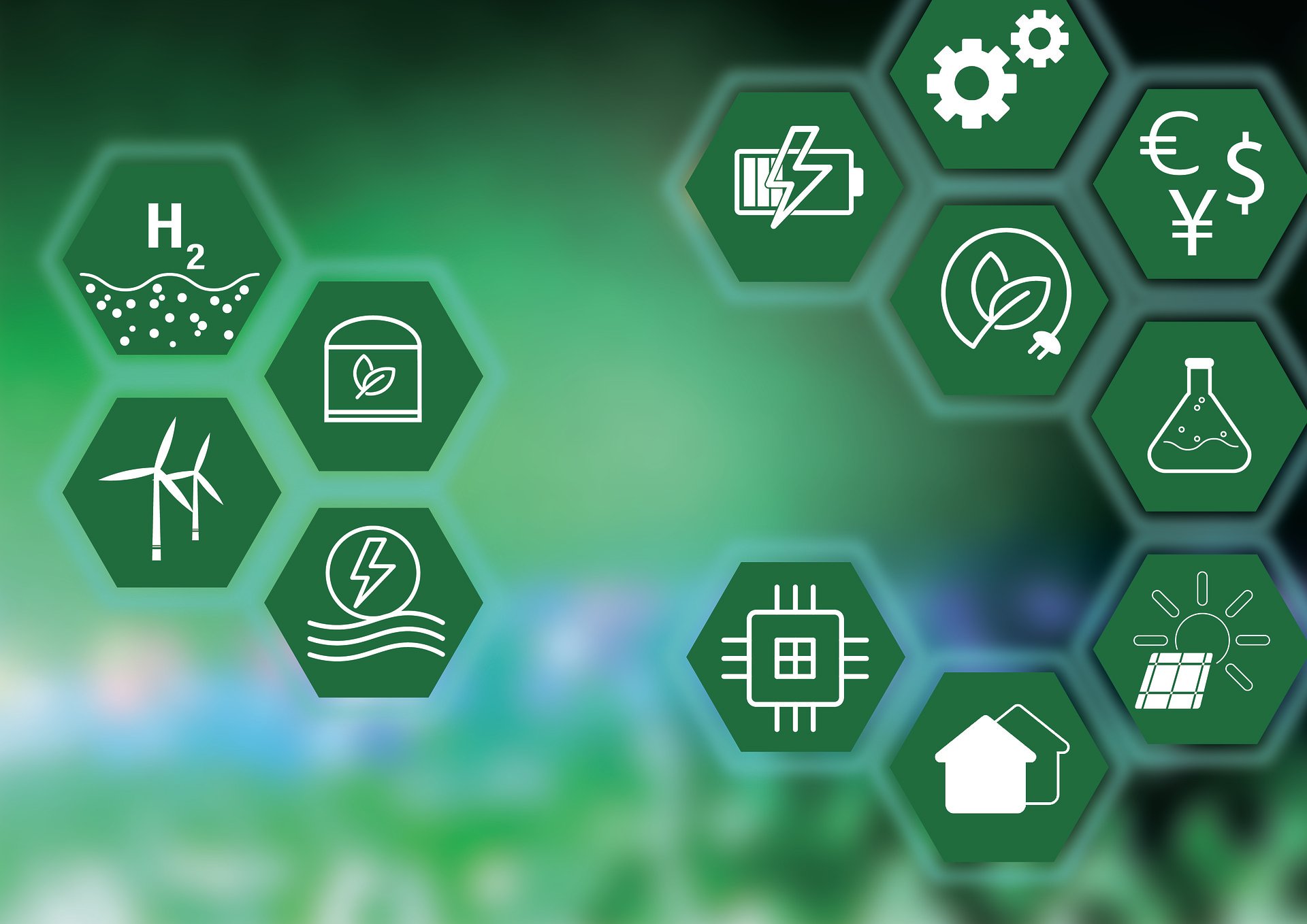A few weeks ago, WattElse had the pleasure of participating in the symposium organized by the CWaPE, dedicated to the future of natural gas and the “new” gases in Wallonia. This day was an opportunity to move forward in the reflection on the phase-out of fossil fuels, as well as to take stock with respect to our role as project managers in energy transition.
Here are some “highlights” that WattElse retains from this day. Walloon Strategy At the level of the Walloon Government, the strategy for phasing out fossil gas by 2050 is being developed by the Minister of Energy’s office. It is a matter of determining how the phase-out should be implemented, but also of determining the use of new gases (biomethane, hydrogen, etc.) and the future uses of the existing distribution networks.
The guideline seems to be to limit the use of (renewable) gas to non-substitutable uses (notably heavy industry).
Available Renewable Gases While hydrogen production is currently 98% fossil-based (coal and oil products) and located near consumption, it is intended to become greener. Its price will also be multiplied by four, and its production will mainly take place in the southern hemisphere (for consumption in the northern hemisphere). According to Aurore Richel, Professor at Gembloux Agro-Bio Tech, scientists believe that policies greatly overestimate the role of hydrogen in the energy transition. According to her, it is necessary to prioritize industrial use and heavy transport. Biomethane is a gas that Wallonia can produce.
The potential, according to Valbiom, would be 8 TWh. While this quantity seems significant, it is insufficient to cover the current needs of Wallonia: it will also be necessary to direct this production towards the most judicious uses.
In addition to the potential, there was also talk of the certification of green gases, to guarantee their sustainability. From the Sector’s Perspective From the perspective of consumers and network managers, these prospects raise a number of questions: what to do with the existing networks? Which gases will be available? What technologies are substitutable (for example, by electricity)?
What will be the fuel prices and the investments to be made? The UVCW is concerned about the practical aspects regarding heat networks and the ban on installing oil boilers in 2025-2026 (although this ban is included in the PACE and not yet translated into a decree).
WattElse at Your Service Faced with these questions, WattElse positions itself as a privileged partner to meet the challenges of the energy transition. We can support you in your natural gas phase-out, and more broadly in the energy transition of your company or municipality. WattElse is a multidisciplinary team, working on renewable energy production (wind, PV, solid biomass, biogas, …), as well as on energy consumption management with our audit services and assistance in energy renovation project management.
We are also developing research projects in energy storage (batteries) and hydrogen, for which we have ongoing authorization requests. WattElse warmly thanks the CWaPE for organizing this symposium: it has highlighted both the technical possibilities and the obstacles still to be overcome. Above all, it demonstrates that the sector is present to surpass them. The year 2024 promises to be full of new projects for WattElse! If you want to advance your renewable production, storage, or energy renovation project, call on our experts!
For more information: Follow this link


